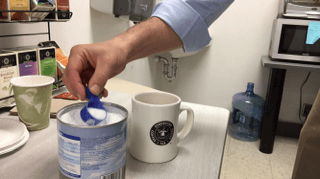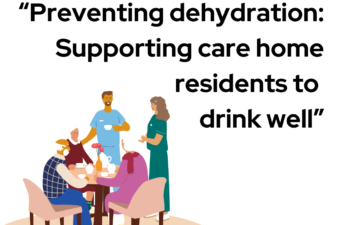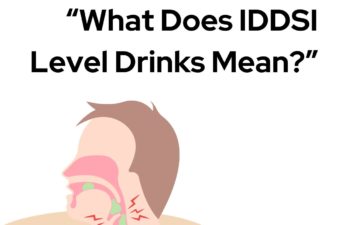Dysphagia, the medical term for swallowing difficulties, can lead to a variety of health issues, some of which can be severe if left untreated[^1^]. Recognising the potential complications of dysphagia can help with early intervention and effective management, potentially mitigating these risks.
Malnutrition and Dehydration
One of the primary concerns with dysphagia is that it can make eating and drinking difficult, potentially leading to malnutrition and dehydration[^2^]. This is particularly concerning for vulnerable populations, such as the elderly or those with chronic illnesses, who may already be at risk of nutritional deficiencies.

Aspiration and Pneumonia
Dysphagia can also increase the risk of aspiration, where food, drink, or saliva is inhaled into the lungs[^3^]. This can lead to aspiration pneumonia, a serious lung infection that requires immediate medical attention[^4^].
Weight Loss
Weight loss can occur as a result of dysphagia, often due to the individual’s difficulty in consuming enough calories and nutrients[^5^].
Emotional and Social Impact
Dysphagia can also have a significant impact on a person’s mental and emotional well-being. Difficulty swallowing can lead to anxiety around eating and drinking, potentially resulting in social isolation if individuals avoid communal meals or social situations involving food[^6^].
Innovations for Management of Dysphagia
Though the potential consequences of dysphagia can be serious, innovations in the field have significantly improved the quality of life for individuals living with this condition. One such innovation is the dysphagia drinks machine from Refreshment Systems Ltd. These machines offer beverages that align with various International Dysphagia Diet Standardisation Initiative (IDDSI) levels, catering to the specific needs of individuals with dysphagia.
Conclusion
While dysphagia can lead to serious health complications, understanding these risks allows for early intervention and effective management. Innovations such as the dysphagia drinks machine also offer much-needed support, improving safety and enjoyment of beverages for those living with dysphagia.
[^1^]: National Institute on Deafness and Other Communication Disorders, Dysphagia
[^2^]: NHS, Swallowing problems (dysphagia)
[^3^]: Mayo Clinic, Swallowing disorders
[^4^]: American Lung Association, Aspiration Pneumonia
[^5^]: Dysphagia Research Society, Effects of Dysphagia
[^6^]: American Speech-Language-Hearing Association, Adult Dysphagia




